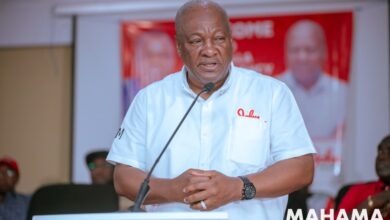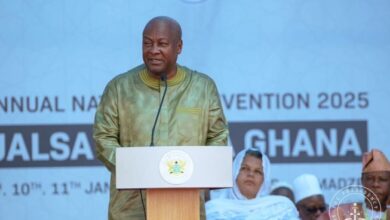What happened in oil and gas had nothing to do with 1D1F

The Minister for Finance, Dr. Cassiel Ato Forson, says claims that realigning the One District One Factory (1D1F) initiative slowed Ghana’s industrial sector are not supported by data.
Speaking during the 2026 Budget’s closing debate, he dismissed comments by Hon. Abena Osei-Asare as “unfounded and analytically weak,” arguing that Ghana Statistical Service figures show the petroleum sub-sector, not 1D1F, caused the decline.
“The oil and gas sub-sector contracted by 18.1 percent in the first quarter of 2025 and 22.5 percent in the second quarter, averaging 20.1 percent in the first half of 2025,” he said. “That single structural shock pulled overall industry growth down to 3.4 percent.”
He maintained that the slump resulted from inherited under-investment in upstream petroleum. “What happened in oil and gas had nothing to do with 1D1F,” he added.
On manufacturing, he said the sector grew by 6.3 percent despite the policy shift. “If a business collapses after government support is withdrawn in just ten months, that business was never viable. Ghana cannot build an industrial future on handholding disguised as industrialisation.”
Dr. Forson said the 2026 Budget instead expands industrial opportunity, citing a US$500 million Oil Palm Development Finance Window, over 4,000 agricultural machinery units for 50 districts, and new incentives for textiles, agro-processing, pharmaceuticals, and export manufacturing. He added that VAT reforms will ease distortions and widen access to input credits.
“These are the real levers of industrial expansion,” he said. “The evidence does not support the claim that industrial decline resulted from changes to 1D1F.”





